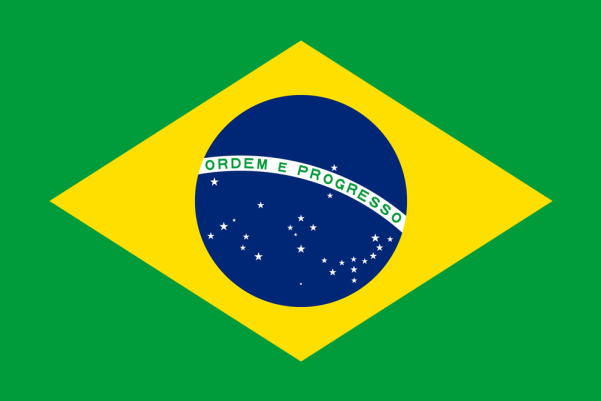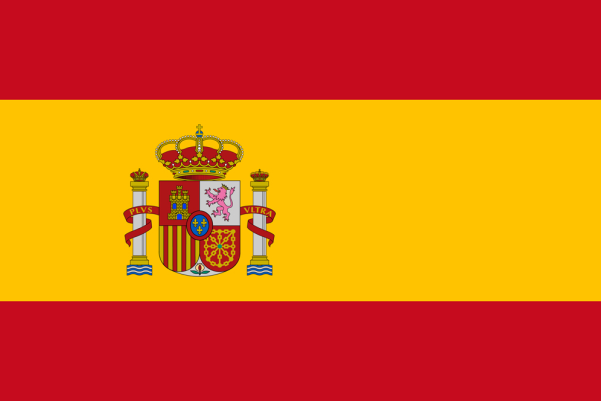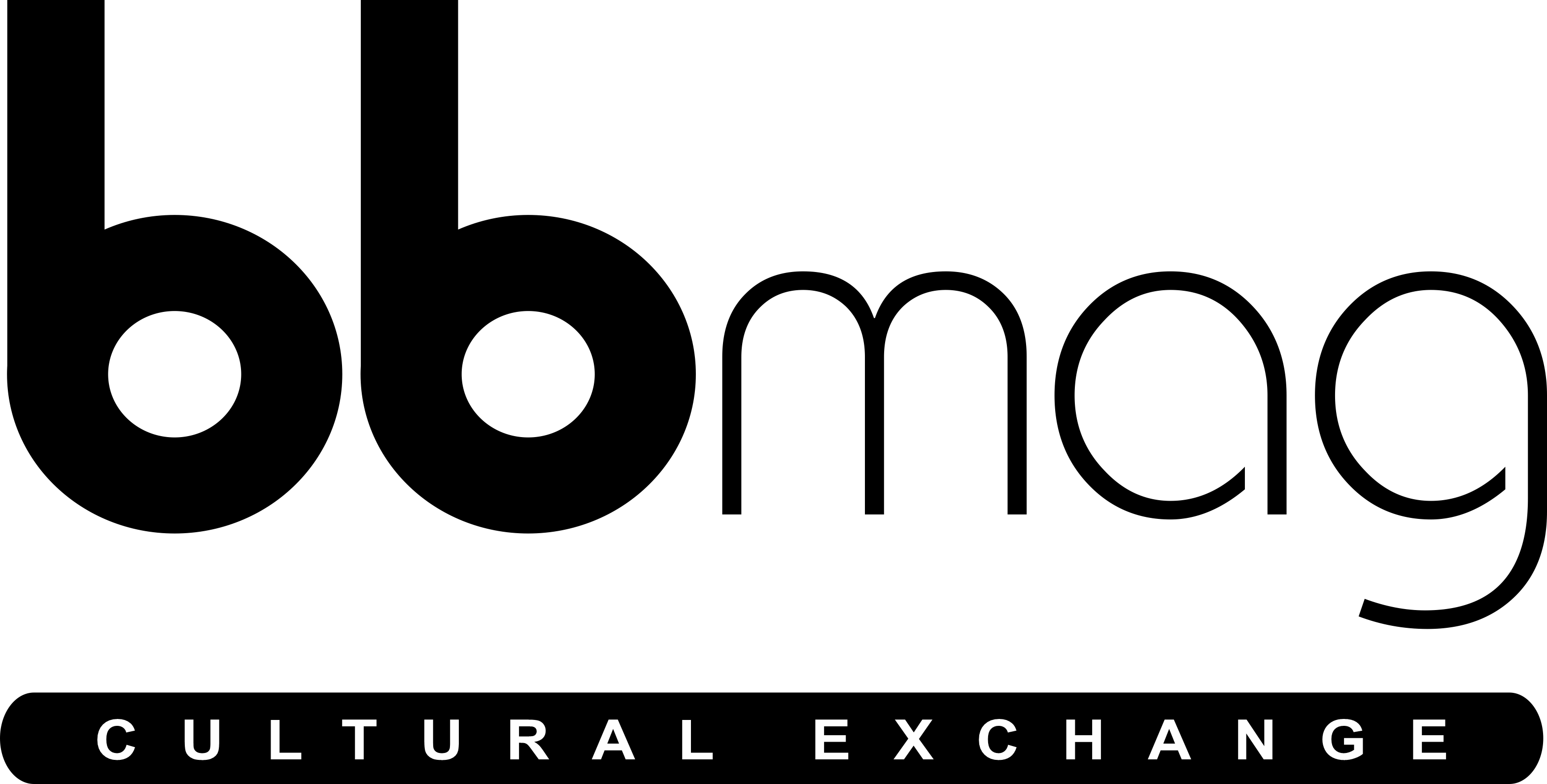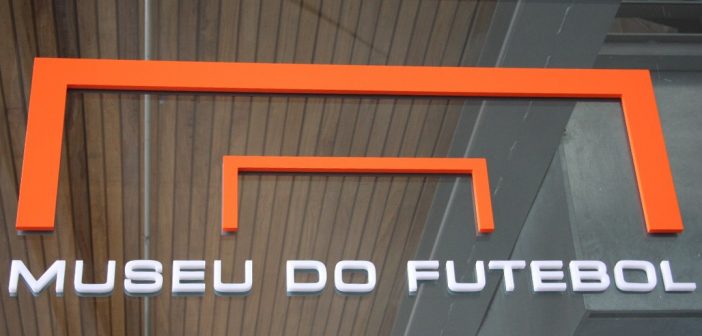Football is a confessed passion of the Brazilian people. Here on the website we have already talked about the history of the Brazilian mania for the sport, in Cristiane Thurm’s article “True football nation” (http://www.bbmag.co.uk/true-football-nation/).
So any football loving reader who may be thinking of coming to visit Brazil is absolutely obliged to go and see the Football Museum in São Paulo!
The museum, opened in 2008, was built inside the Pacaembu Stadium (official name: Paulo Machado de Carvalho Municipal Stadium). It takes up 6,900 square metres and is a journey into a sport which, despite its British origins, has taken on distinctly and proudly Brazilian tones over the course of its development.
Across the museum’s three floors, Football’s story is told in a family-friendly, informative way. Even those who aren’t particularly fanatical about the sport are able to feel the excitement of match day, with fervent crowds baying for victory. The museum is separated into different rooms, and King Pelé explains things to visitors in three languages. Other forms of media are also used to convey a sense of immersion in the football environment, as the history of a sport and a country converge in a compelling tale.
With the coming 2016 Rio Olympics, the temporary exhibitions room is all about the history of Football at the Olympics, focussing particularly on Brazil’s male and female teams’ performances over the years. This exhibition will be open until 30 December.
Where: Praça Charles Miller, S/N – Estádio do Pacaembu
Time: Tuesdays to Fridays- 9am to 4pm
Saturdays, Sundays and Public Holidays from 10am to 5pm.
Closed on Mondays.
Entry is free on Saturdays.
For further information: http://www.museudofutebol.org.br/

















